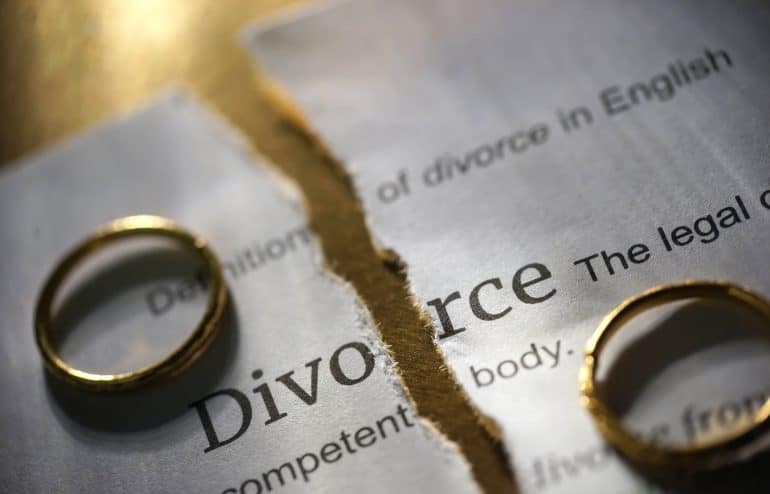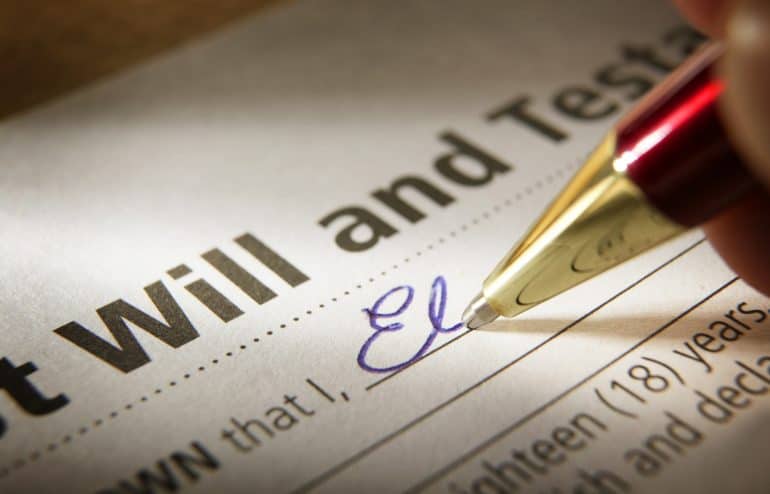
Dealing with Emotions Divorce
DEALING WITH EMOTIONS IN DIVORCE
We understand that going through divorce is known to be one of the most stressful experiences that can happen in your life. Not only are you separating from your partner, your living arrangements are going to change and there is also the consideration of finances and arrangements for children.
Our experienced family solicitors at Elaine Parkes understand that facing divorce is a very stressful time and have created some steps in order to reduce the stress.
1) Find a Good Family Solicitor
Finding a good family solicitor as soon as possible will be particularly helpful. They can go through with you at an early stage what your options are which can reduce any uncertainty you have. Our experienced family lawyers approach each case with a supportive, understanding ear, as well as having the breadth of expertise to deliver sound, effective advice on all issues that may come into play, including Property and Business Law.
2) Reaching a settlement
Whilst ideally you’ll want to reach a settlement quickly, it should also be thorough enough so that every fine detail has been covered. Following your solicitor’s advice is important as they will be able to make a settlement that is more likely to be approved by the court. In the long term this will result in the divorce process ending a lot faster.
3) Consider mediation
As the divorce process goes on, you may find it hard to compromise on some of the more important matters such as finance, property and children. If complications do occur, it will help to get a mediator, they will help you and your partner work towards a solution that works for both of you without the need for the court to make decisions.
4) Make child arrangements a priority
Aim to resolve matters that involve children relatively quickly. If your child/children know where they stand and what is going to happen, it will help reduce their stress. If everyone agrees and has a clear understanding of what the arrangements will be, it will make the situation easier and help to reduce a drawn out court conflict.
5) Focus on long-term fairness
You should reach mutual agreement between both parties with the guidance of a family solicitor as this will be much easier to deal with in the long term. This way makes it more straightforward, allowing both parties to move on peacefully, which will reduce long-term stress.

